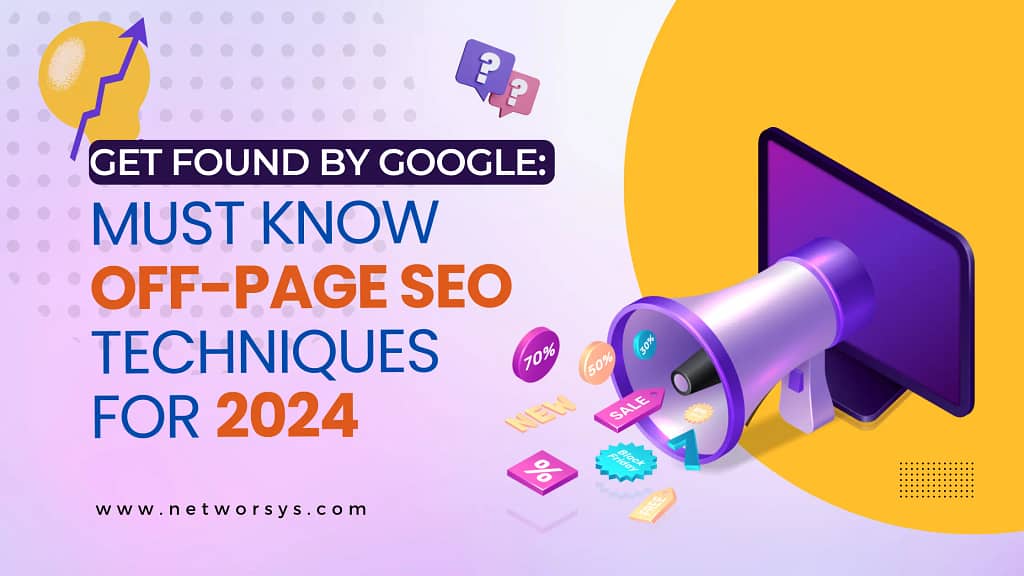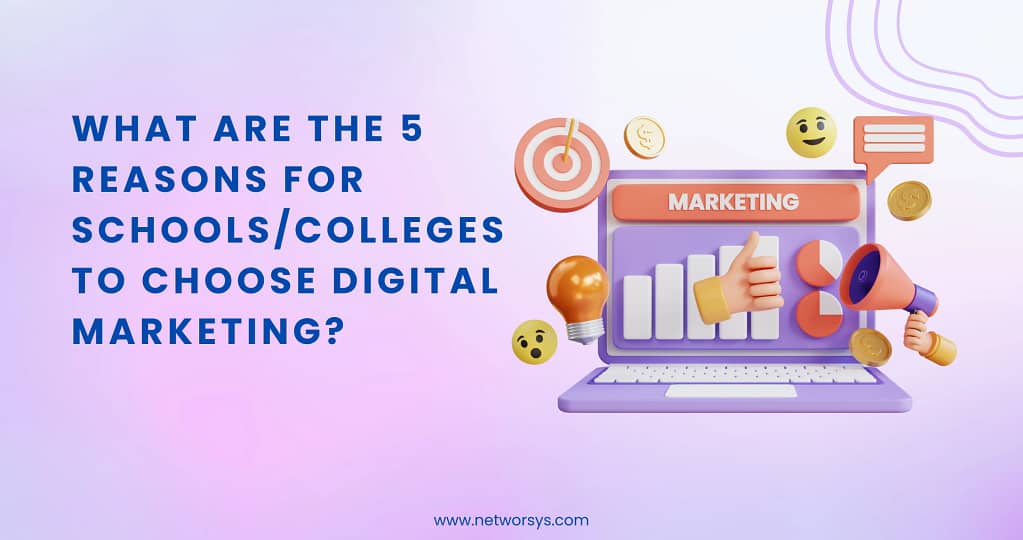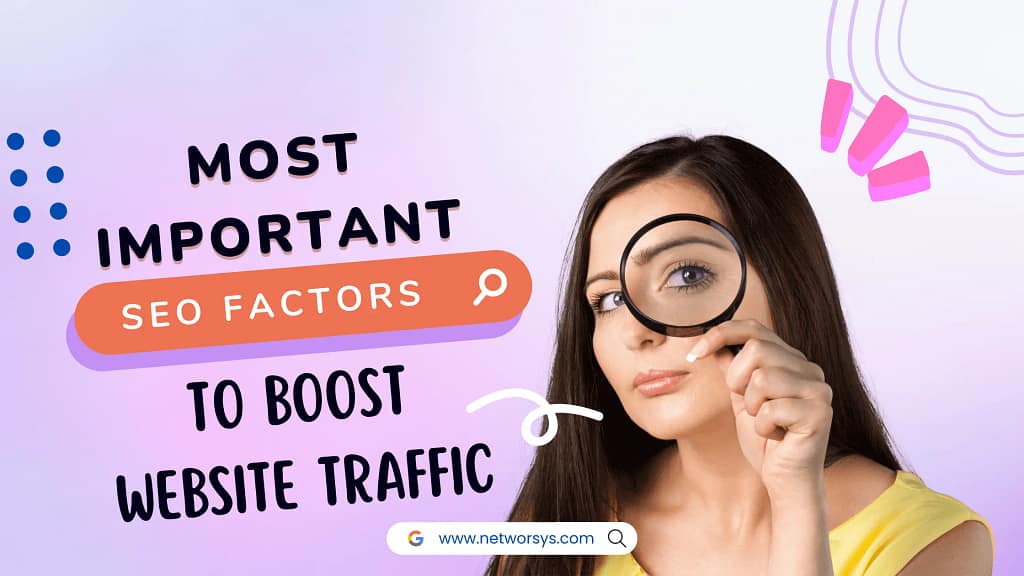Table of Contents
ToggleAccording to Ahref Backlinks, a core element of off-page SEO, are a major ranking factor. Ahref’s study shows that 70% of the top-ranking pages have backlinks compared to only 0.63% of pages with no organic traffic.
WHAT IS OFF-PAGE SEO?
Off-page SEO refers to the activities and strategies implemented outside/APART of your own website to improve its search engine rankings and visibility.
While on-page SEO focuses on optimizing elements within your website, off-page SEO involves building your site’s credibility, authority, and relevance across the web.
Gone are the days when on-site optimization alone could guarantee top search engine rankings; the spotlight has now shifted to the world of Off-Page SEO in 2024.
This change isn’t just a trend; it’s a revolution, and understanding it is the key to success in getting the most quality organic traffic!
THE CRUCIAL ROLE OF OFF-PAGE SEO
Off-page SEO includes all the strategies and activities that happen outside your website but plays a major role in determining its search engine ranking.
Unlike On-Page SEO, which focuses on optimizing your site’s content and structure, Off-Page SEO revolves around building credibility, authority, and relevance in the vast online environment.
But what makes off-page SEO so crucial? Consider it the force behind your website’s reputation.
Search engines, especially Google, don’t just evaluate your content; they assess your website’s overall influence in the digital community.
Off-page SEO acts as a vote of confidence from the vast web of interconnected platforms, telling search engines that your site is reputable, trustworthy, and deserving of a higher rank.
Heard of backlinks?
In the context of Off-Page SEO, backlinks are a critical element. Off-page SEO refers to the strategies and activities that take place outside your own website but impact YOUR WEBSITE’s search engine rankings.
Backlinks are links from other websites pointing to your site.
Here’s how backlinks function in Off-Page SEO-
Authority and Trust-
Search engines consider backlinks as a measure of a website’s authority and trustworthiness. If reputable and high-authority websites link to your content, it signals to search engines that your site is credible and deserving of a higher ranking.
Link Juice-
Backlinks pass what is often referred to as “link juice.” This is the authority or equity that a linking site possesses. When a high-authority site links to yours, some of that authority is passed to your site, positively influencing its perceived value by search engines.
Relevance-
The relevance of the linking site’s content to yours is crucial. A backlink from a site in a similar or related industry is generally more valuable than one from an unrelated site. Search engines aim to provide users with relevant and valuable content, and backlinks contribute to this assessment.
Anchor Text-
The anchor text, which is the clickable text in a hyperlink, also plays a role in Off-Page SEO. Using descriptive and relevant anchor text helps search engines understand the context and content of the linked page.
Link Diversity-
A diverse backlink profile that includes links from various sources is beneficial. This diversity can include links from blogs, news articles, social media, and more. It indicates to search engines that your content is valuable across different platforms.
Natural Link Building-
Search engines value naturally earned backlinks over those that are artificially created. Natural links come from other websites because they find your content useful, informative, or interesting. Artificially created or spammy backlinks can have negative consequences.
Consider backlinks, a core of Off-Page SEO.
When reputable websites link to your content, it’s like a digital endorsement.
ALWAYS CHOOSE QUALITY OVER QUANTITY (The new and the best approach for getting links)
- Instead of trying to get lots of links quickly, focus on getting good links. Instead of actively building links, create content that people naturally want to link to.
- Stop trying too hard to build links, and instead, focus on making content that others find valuable enough to link to without you asking.
- When you want links, try to get them from websites that are closely related to what you’re talking about. It’s like getting a recommendation from an expert in your field.
- Even if a website mentions your brand without linking to it, it’s still good for your reputation. It’s like people talking about you even if they don’t share a link.
- Sometimes, other websites have links that don’t work. You can suggest your own content to replace those broken links, making your site more helpful.
- Use tools to figure out who might be interested in your content and customize your link-building strategy based on what the data tells you. It’s like finding the right audience for your message.
Top Tools for Data-Driven Link Building-
Prospecting and Data Gathering-
- SEMrush Offers a powerful suite of SEO tools, including Backlink Analytics, Keyword Magic Tools, and Topic Research, to identify potential link partners, analyze competitor backlink profiles, and discover relevant trends.
- BuzzSumo Helps you find high-performing content in your niche, analyze competitor shares and backlinks, and discover influencers who might be interested in your content.
- Ahrefs Provides comprehensive backlink analysis, competitor research, and content gap analysis to uncover link opportunities and understand your competition’s strategies.
- Hunter Quickly find verified email addresses for your outreach campaigns, saving you time and improving contact rates.
- Moz Pro Delivers in-depth backlink analysis, keyword research, and link-building recommendations, including “unlinked mentions” of your brand or relevant topics.
Outreach and Relationship Management-
- Pitchbox Smoothens your outreach process with email templates, automated follow-ups, and performance tracking, making it easier to connect with potential link partners.
- Mailshake Offers powerful email automation and personalization features, allowing you to send targeted campaigns and increase response rates.
- NinjaOutreach Provides all-in-one outreach management with features like contact finding, email sequencing, and performance analytics.
- Content is Key- Create content that people love to share on social media and other platforms.
- Social Media is Your Friend- USE IT! Take advantage of social media to promote your content, connect with your audience, and make people aware of your brand.
- Team Up with Influencers- Get Their Help! Work with popular people in your industry to get your content seen by more people and gain credibility.
- Local SEO Matters– Be Visible Locally-Make sure your business shows up in local searches by claiming your Google My Business listing, getting mentioned in local directories, and engaging with your community.
- Podcasts Can Boost Your Brand- Participate in relevant podcasts to increase your brand’s visibility and attract interested visitors to your website.
NOW, WE’VE GOT SOME BONUS TIPS – JUST FOR YOU
Advanced Tips for SEO Techniques
- Give Old Content a Makeover- Refresh your old content with new looks and graphics, and promote it again on social media.
- Link Inside Your Website- Help Your Visitors-Add links within your site to make it easy for visitors to find related information.
- Think Outside the Box for Backlinks- Get Creative- Try unique ways to get links, like being mentioned in Help a Reporter Out (HARO), writing for different websites, or winning industry awards.
WHAT DOES THIS MEAN? Let us break this down for you-
Help a Reporter Out (HARO)-
- Sign up for HARO, a platform where reporters look for experts to contribute to their stories.
- When you see a request related to your expertise, respond with helpful information.
- If the reporter uses your input, you get mentioned in their article, earning a valuable backlink.
Write for Different Websites-
- Identify websites in your industry or related fields that accept guest contributions.
- Reach out to them and offer to write an article or blog post.
- When your content is published, you typically get a backlink to your own website.
Win Industry Awards-
- Look for awards or recognition programs in your industry.
- Showcase your achievements or unique aspects of your work by applying for these awards.
- If you win, the awarding organization may provide backlinks to your website as part of the acknowledgment.
Let Your Users Shine- Encourage Them-
- Ask your users for reviews, testimonials, and interactions on social media. It builds trust and keeps people engaged.
Stay Ahead, ALWAYS-
- Keep an eye on what’s coming next in SEO. Knowing about new trends and changes in search algorithms helps you plan for the future.
CONCLUSION
As we’ve established, the days of on-page SEO dominance are gone.
The spotlight has shifted to Off-Page SEO, the power behind your website’s reputation in the vast online community.
Key Takeaways-
- Backlinks- Digital endorsements hold immense power. Focus on quality, not quantity, and create content so valuable that links flow naturally.
- Content is King- Write content people WANT to share. Infographics, videos, stories – be the source of valuable information and watch links grow organically.
- Social Media- Don’t underestimate the power of social platforms. Promote your content, engage with your audience, and utilize influencer partnerships.
- Local SEO Matters- Claim your Google My Business and local directories, and connect with your community. Visibility is the key!
- Think Outside the Box- HARO contributions, guest posts, award nominations – explore unique avenues for link building and brand recognition.
- Stay Ahead, ALWAYS- SEO is constantly evolving. Keep yourself updated, experiment, and find your own winning Off-Page SEO formula. We can help- reach us out.
Our Advice-
- Revamp your old content- Give it a fresh look, update information, and re-promote it!
- Internal linking- Make a web of relevant connections within your site to keep visitors engaged.
- Utilize free tools- SEMrush, BuzzSumo, Moz – explore the wealth of data and insights available at your fingertips.
- Engage with the community- Share your experiences, ask questions, and collaborate with fellow SEO enthusiasts.
Remember, Off-Page SEO isn’t a one-time effort; it’s a continuous journey of building your website’s online authority.
What are your Off-Page SEO success stories? What unique link-building strategies have you discovered?
Frequently Asked Questions (FaQ)
What is the most important thing in off-page SEO?
Most Important Thing in Off-Page SEO:
It’s not just one thing but a combination of factors:
- High-quality backlinks: Getting links from relevant and authoritative websites is crucial. Think of it like recommendations from trusted friends.
- Brand awareness: Make people know your brand! Engage in social media, PR, and online communities.
- User engagement: Encourage shares, comments, and discussion on your content. Show search engines people love your stuff.
How do I optimize my off-page SEO?
Optimizing Your Off-Page SEO:
- Create awesome content: People naturally share and link to valuable, informative, and engaging content.
- Build relationships: Connect with other websites in your niche. Guest posts, collaborate, and cross-promote content.
- Utilize social media: Share your content, engage with audiences, and participate in relevant online discussions.
- Earn mentions and citations: Get your website or brand mentioned in news articles, blogs, and directories.
What is an off-page SEO checklist?
Off-Page SEO Checklist:
- Create a link-worthy content calendar.
- Research and identify relevant websites for guest posting.
- Optimize your social media profiles and actively engage.
- Respond to online reviews and mentions.
- Use broken link-building strategies cautiously.
- Stay updated with Google’s SEO guidelines.
What are the main techniques of on-page SEO and off-page SEO?
Main Techniques of On-Page & Off-Page SEO:
On-Page:
- Keyword optimization in content, titles, and meta descriptions.
- Mobile-friendly website design and fast loading speed.
- High-quality content that engages and informs users.
- Internal linking structure to connect your website pages.
Off-Page:
- Link building from relevant and authoritative websites.
- Social media marketing and engagement.
- Brand building and online reputation management.
- Influencer outreach and collaborations.
- Guest blogging and content syndication.
What is the first step in off-page SEO?
First Step in Off-Page SEO:
- Focus on creating high-quality content that people will naturally want to share and link to. This is the foundation for effective off-page SEO.
- Focus on creating high-quality content that people will naturally want to share and link to. This is the foundation for effective off-page SEO.
How many types of off-page SEO are there?
Types of Off-Page SEO:
- Link building (guest posting, broken link building, etc.)
- Brand mentions and citations
- Social media marketing and engagement
- Public relations and influencer outreach
- Online communities and forum participation
Which off-page activity is worth it in 2024?
Worthwhile Off-Page Activities in 2024:
- Focus on quality over quantity in link building. Get fewer links from highly relevant and authoritative websites.
- Leverage social media for brand awareness and content promotion.
- Build relationships with influencers and industry experts.
- Create valuable, shareable content that solves user problems.
Is off-page SEO difficult?
Difficulty of Off-Page SEO:
It can be challenging but not impossible. It requires ongoing effort, strategic planning, and a focus on quality over quantity. Consistent dedication and the right approach can yield great results.
Good Practice for Off-Page SEO:
A. Building links naturally through high-quality content and outreach. This is sustainable and aligns with Google’s guidelines.
Bad practices:
- Buying links artificially.
- Using link farms or other manipulative tactics.
- Spamming comments or forums with links.




Pingback: Get Found by GOOGLE: Must Know Off-Page SEO Tec...
Pingback: Get Found by GOOGLE: Must Know Off-Page SEO Techniques for 2024
Pingback: Must Know Off-Page SEO Techniques for 2024 - ViralSocialTrends
Great article! Off-page SEO techniques like high-quality backlinking and social bookmarking are crucial for improving website visibility and ranking on Google. Implementing these strategies effectively can definitely boost organic traffic and enhance online presence.